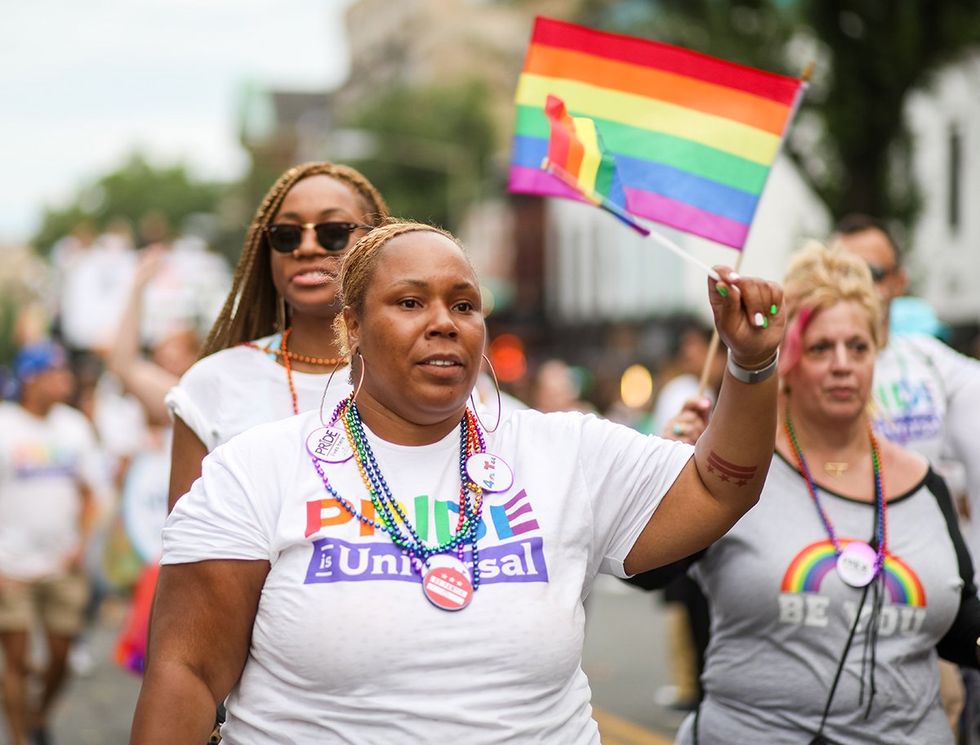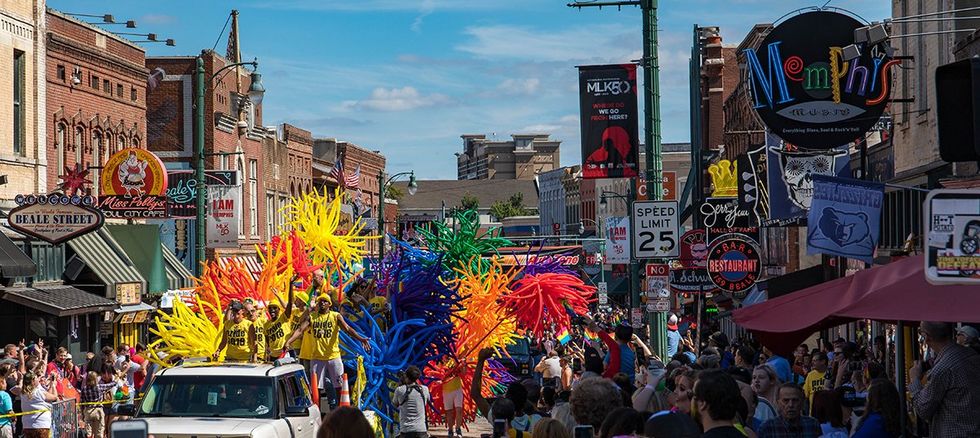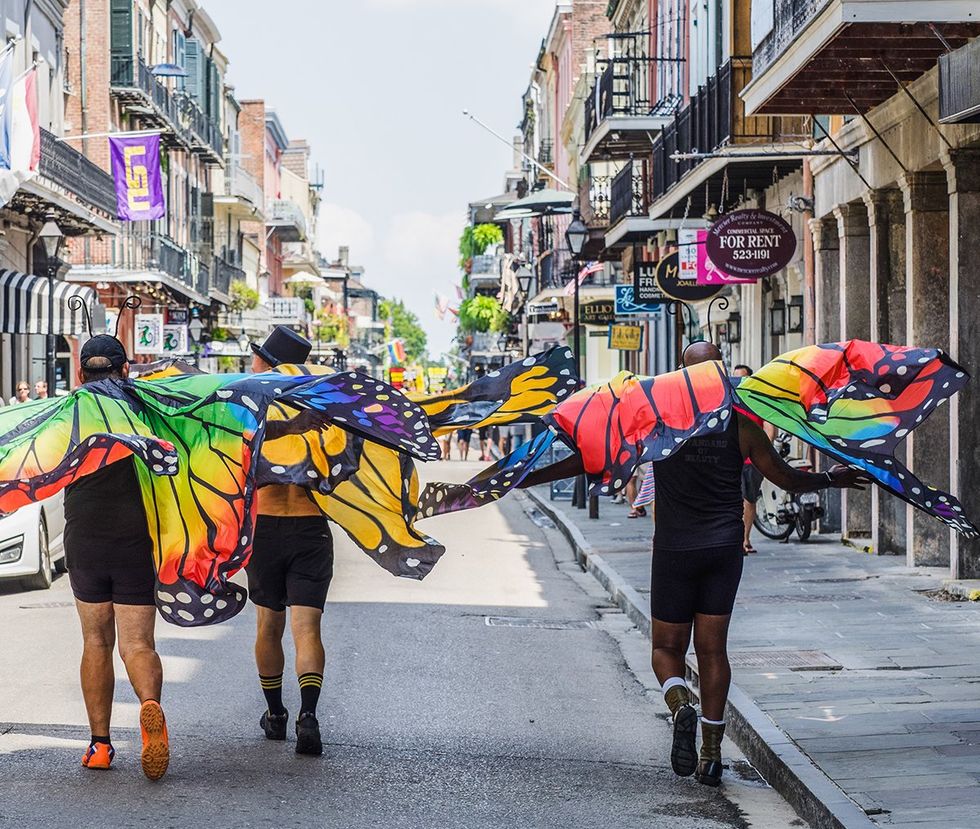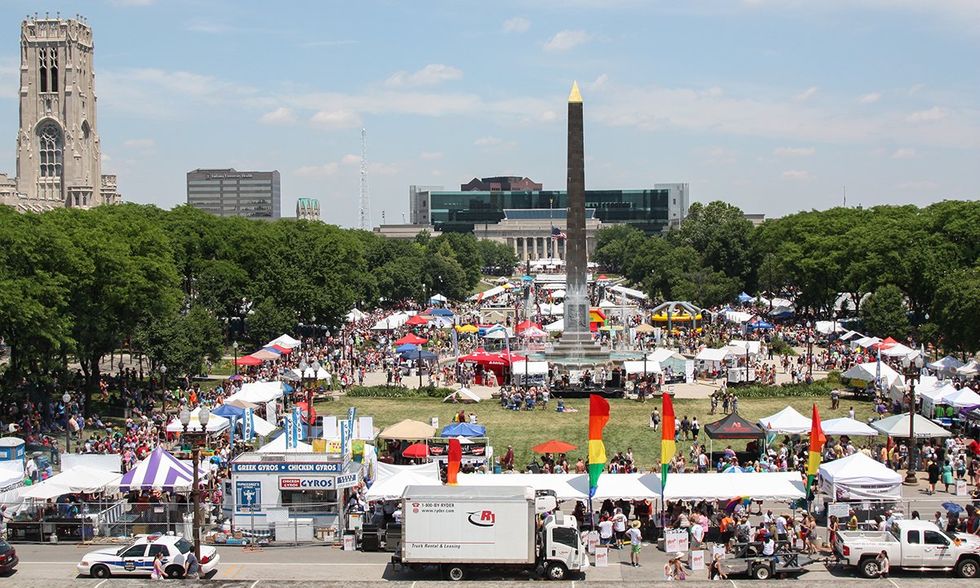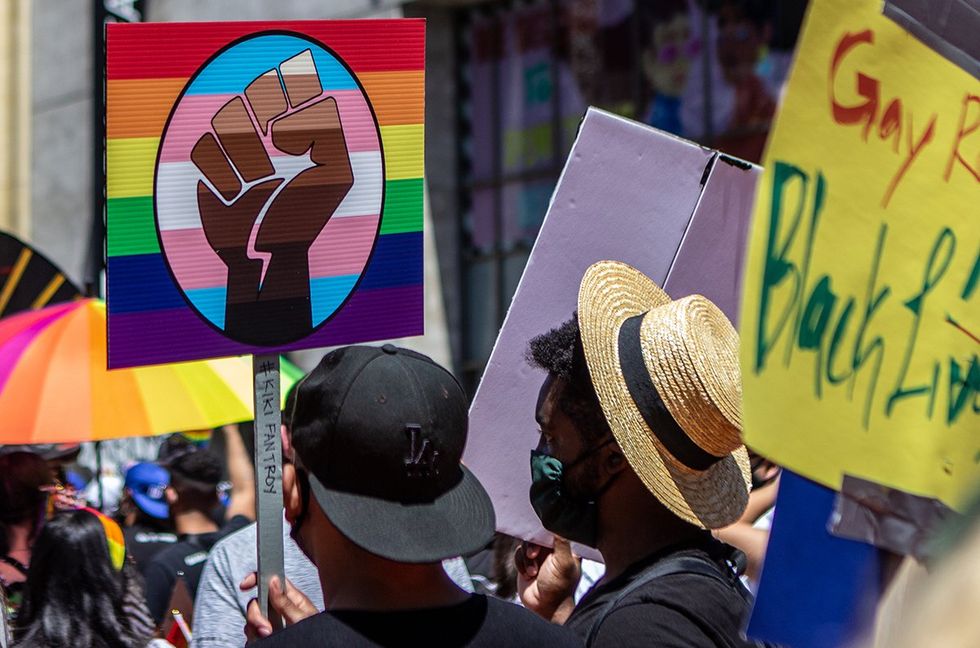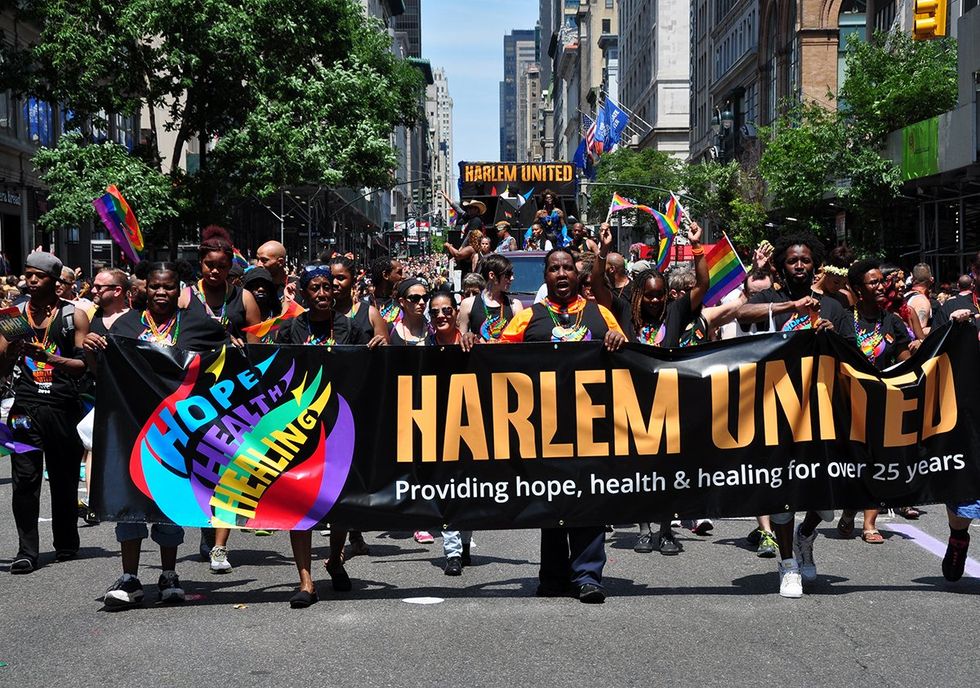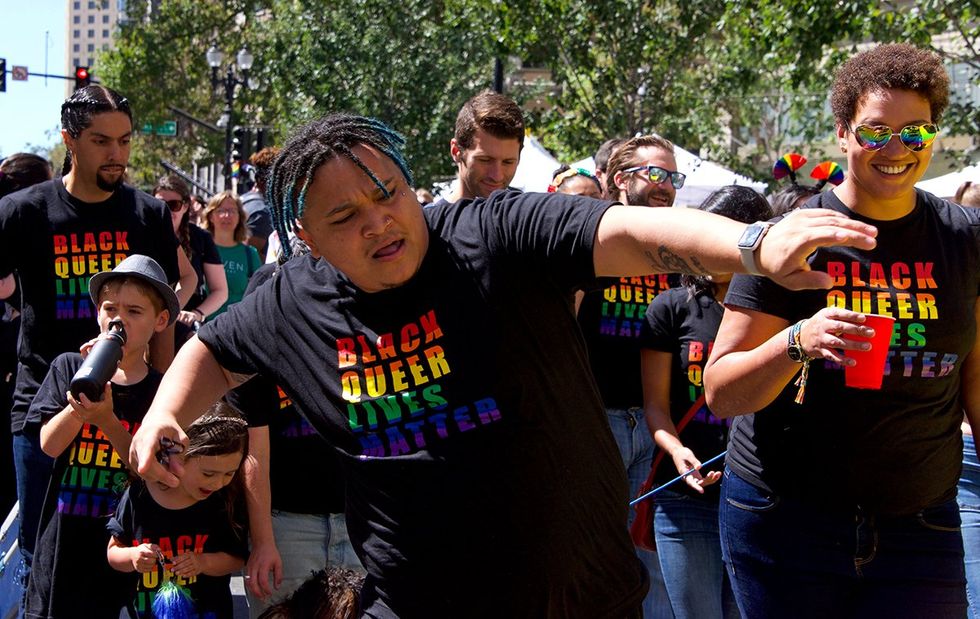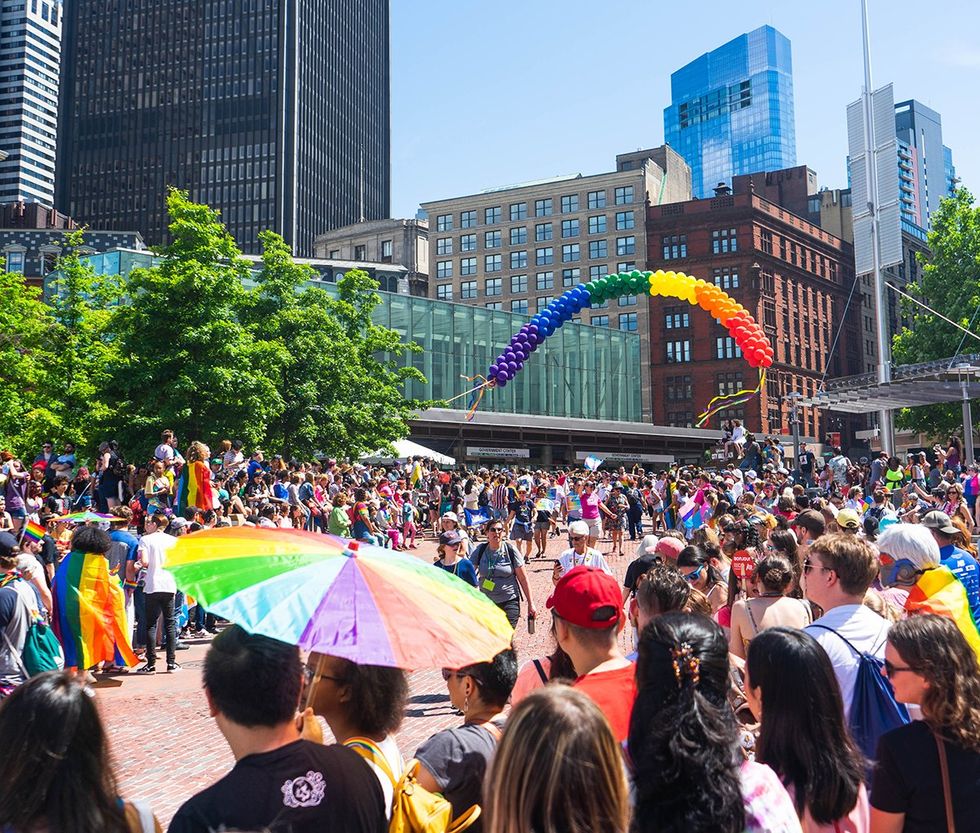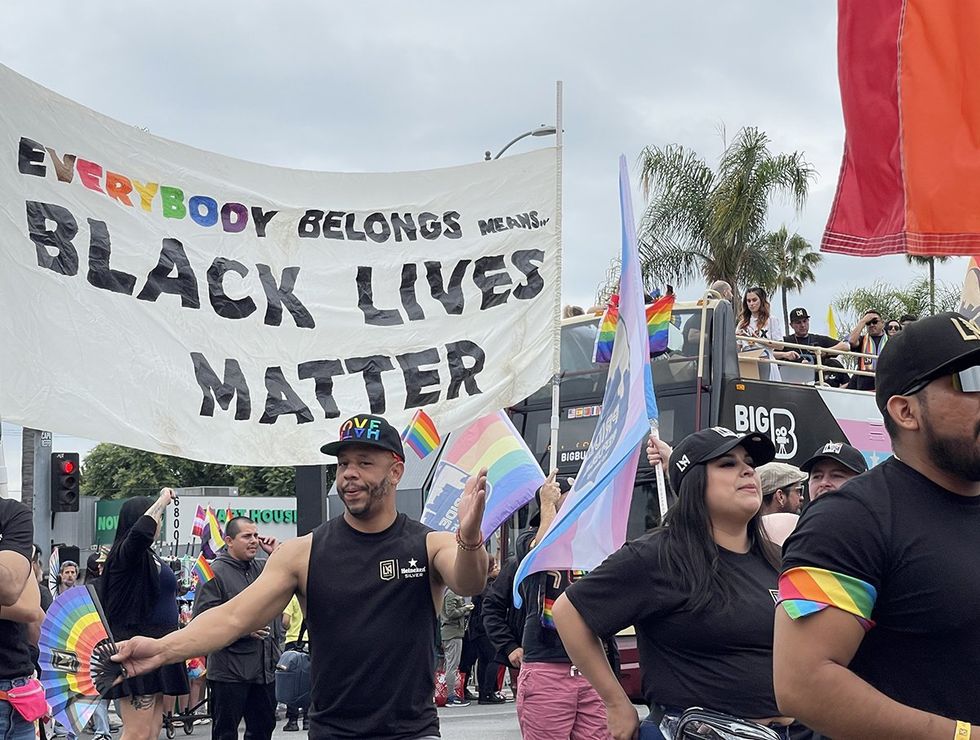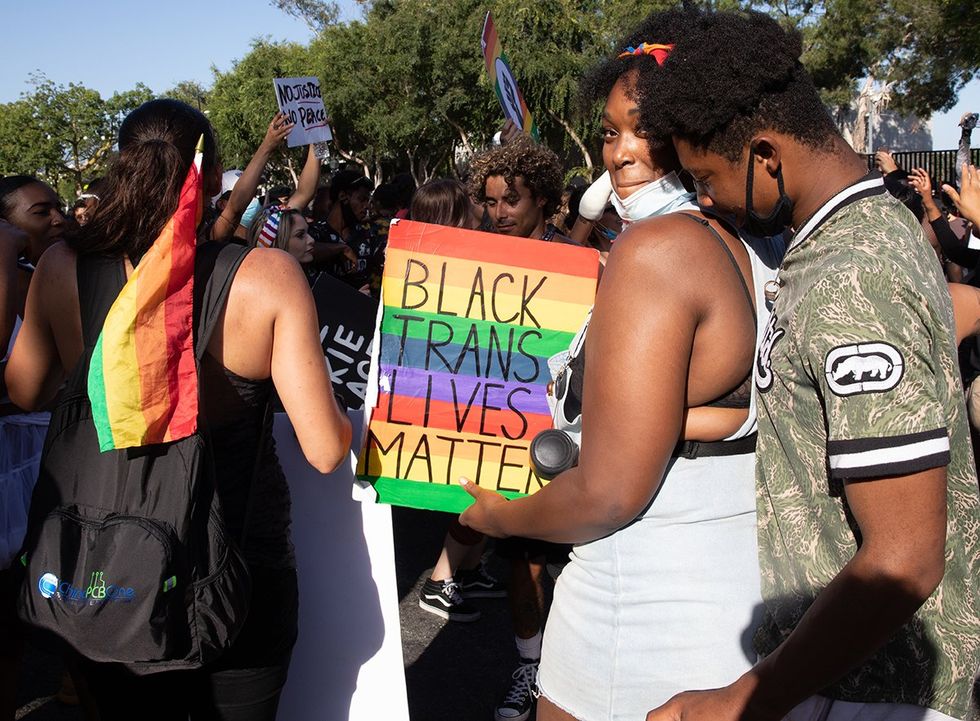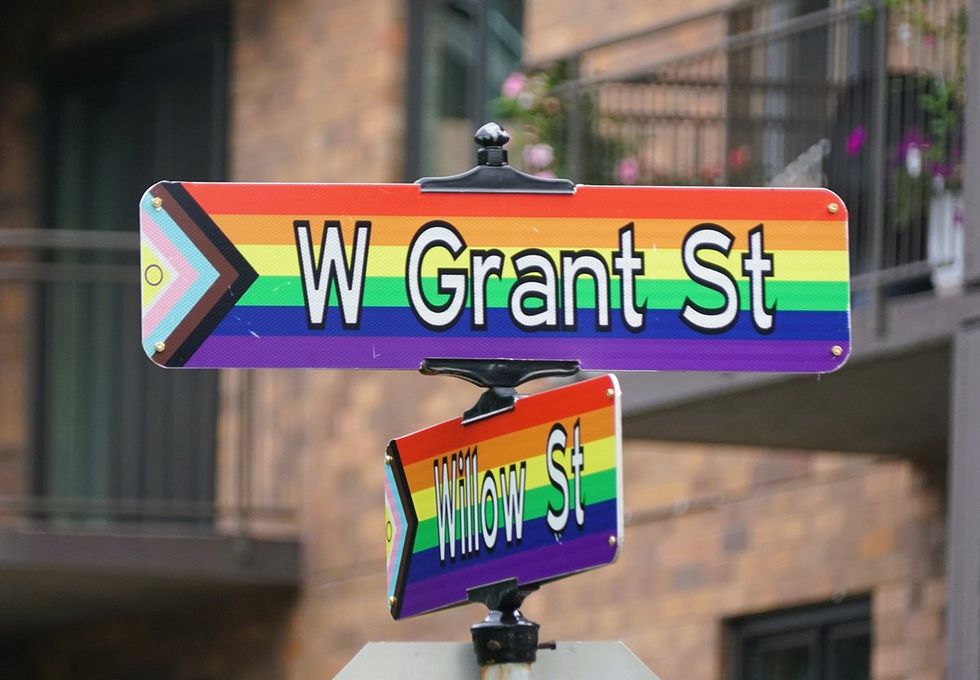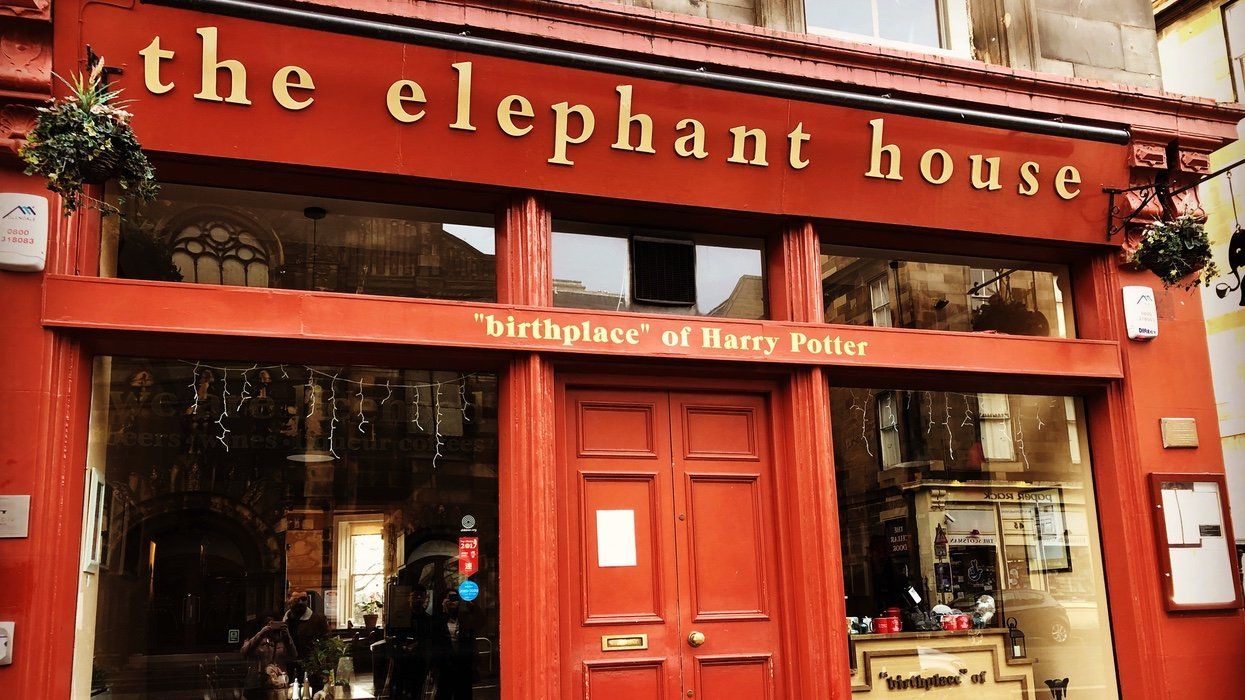It’s long past time you got to know Shakina Nayfack. This trans actress, social activist, and all-around badass is making her silver screen debut as trans “truther” Lola on Hulu’s hysterically bold comedy Difficult People and we’re all lucky to bear witness to her sharp wit, one-liners, and increasingly creative 9/11 conspiracy theories. Lola’s one of the very few trans supporting characters in a TV comedy, and she couldn’t be in better hands. But there’s a lot more to Shakina than what you see when she's playing opposite Billy Eichner, Julie Klausner, and a slew of delightful guest stars. She’s been on the scene as a cutting-edge performance artist, creator, and nurturer of new works for years and her voice, drive, and passion has made an incredible impact on countless lives. We were lucky to sit down with her and chat all about Lola, her risky HB2-inspired tour of North Carolina, and what we can look forward to next.
Shakina with the cast of Difficult People
It’s pretty clear that Lola’s been an MVP this season on Difficult People. Was she a character that was created before you came on to the project, or was she written for you?
She was created before, and then she was created with me after I came on to the project. Gabourey Sidibe is in the little show called Empire so she wasn’t going to be as available for season 2. (Showrunner) Scott King and (creator/star) Julie Klausner realized that Billy’s character needed another person who he’s intimidated by, so they thought, ‘Who would be the one person that could thwart Billy in his workplace?’ and they created the character of a trans “truther" named Lola. They did a really discreet casting search, and they knew they wanted to bring in an actress who could also be a consultant on the development of the role. When I came on board, eight of the nine episodes that Lola’s in were already written, but I got to read the scripts and talk with Julie and Scott about ideas for punching up her dialogue and being mindful of tropes in trans representation that we wanted to clear up.
Lola's a completely unique character, and she gives us a very different side to trans representation than we usually see on TV - even in comedies. What’s been most rewarding about being part of Lola's creation?
The thing that was intimidating at first but has been the most fun is when Julie Klausner turns to me and says, “We think Lola should say something here,” and then I go up to my dressing room and come up with a few possible lines, text them to her and Scott, and then it gets in the show. There’s this tag-team effort between me and Julie and Scott where we try to label and then destroy the assumptions that are being made about this trans women, and so oftentimes we’ll get to a moment on set when we’re filming and realize that there’s more than one angle, and we’ll try them. I never know what’s going to make it into the show, because I’ll have filmed a couple different things, and so I’m watching with everybody to see what jokes actually make it into the episodes.
You're very active on social media. What have you heard from fans who are connecting to Lola?
After every new episode airs I get shout-outs from fans quoting my mic drop lines. There are people that love Lola’s fierceness and her sass, but there are also people that are very grateful that the character exists, because she’s representing a community that’s not often with its own voice in comedy. In my introduction to the show in episode 2.02, I meet Billy and I say, “Do I have your cisgendered permission to be who I am?” and that GIF has circulated everywhere because people are using it.
So many people are just starting to meet you on Difficult People, but you’ve certainly been on creating amazing pieces of art for a long time. Most recently you went on a tour of North Carolina with your show Manifest Pussy in reaction to HB2 being passed. How did you take that from an idea to hitting the road?
I have these two solo shows; one followed my life up to transition and one was the story of my gender confirmation surgery. I had wanted to put them together into one piece, and when HB2 was passed in North Carolina, I decided to step up that process. I got support from the O’Neill Theater Center to go there for a week and put the two shows together to create Manifest Pussy. During that time I was crowd-funding an eight-city tour of North Carolina so that we could get me in a van with my band and a documentarian and hit the road. It was an incredibly powerful 10-day trip. I performed in metal clubs, rock clubs, a hookah lounge, a black box theater -- conventional and unconventional spaces.
It was a really irreverent protest performance, but on the second day of the trip the Pulse shootings in Orlando happened and I had a big decision, which was to continue going forward with the trip that was already deemed “risky.” We’d made arrangements to hire security in every city, but people were really concerned for my well-being. I decided to move forward with the tour as planned but it shifted the tone of the whole trip because it wasn’t just about making fun of this ridiculous law, it was also about holding space for a community to mourn at the same time. It was really, really challenging, but people were so grateful to have the space to laugh and cry and come together, and it was really magical to see how my story, which is so deeply personal, opened up space for people to tell their own stories. People just baring their souls in a way that was really special. And I thought to myself, this makes everything I had survived worth it.
What was it like having to adhere to HB2?
Again, it started in my head as a really irreverent idea; I was going to go into these men’s restrooms and take selfies. But the first time we crossed the state line and I went into my first men’s restroom, it had been the first time I’d been in a men’s restroom in years. It just made me so sad. And then when I realized, of course, that I have the privilege of sweeping in and out of the state, that this wasn’t a situation I was forced to adhere to, that made me even more angry and empathetic towards the struggle of trans and gender nonconforming people in North Carolina. I never felt in danger - the most harassment I experienced was from a security officer in the state legislation building when I used the men’s restroom there as required by law. But what I learned when I was there is that this law absolutely does not represent the will of the people. All the conversations I had with people who came to my show or that I met at the community meetings we had or just in restaurants and around were all disgraced by this law. And they were really appreciative that at a time when so many businesses and celebrities were pulling out of the state, that I was coming in with something to offer.
Where can we catch some of that footage you shot during your tour?
Right now, we created three shorts while we were on the road. Paul W. Sauline is the filmmaker that I worked with, and we wanted to give people instant access to some of the things we were experiencing. But there’s so much more content and we’re right now fundraising to finish and edit a full documentary about the trip.
You’re the founder of Musical Theater Factory, which has been an incredible resource for creatives in New York City, just announced an amazing partnership with Playwright's Horizon, and also has a pretty unique history. Care to fill us in on how a porn studio comes into all this?
The story goes that I created Musical Theater Factory originally as a brand for the work that I was developing as a writer and a director and a producer. Then, a dear friend of mine who went to college with me, and we did theater together, had since grown up to become a porn star, and he had a bareback gay porn studio in Midtown Manhattan. They were downsizing the company because, as you know, the demand for DVDs is no longer that great, so he asked me if I wanted to share the space with him for that time and build something in the back. And I thought to myself, “I can use this space to do my own work, or I could build something here that all my friends could use.” I wanted the vibe to feel like everyone’s favorite black box in college. Like, that one room when you were training as a theater artist where anything was possible.
What's it been like - handling al of this amazing success?
My friends have started to joke that I’m a TV star now, which is really fun to think about, but I’m still a trans woman on the grind dealing with difficulties with health care and housing discrimination and sexual harassment and the day to day challenges of bracing oneself for ignorance. I think, as we see a rise in trans representation in the media, we have an even greater responsibility to advocate for the rights of trans people whose needs and concerns are still being left out of almost every other conversation. The trans woman you’re watching on television is no different from the trans woman who’s facing housing discrimination or nervous to seek medical care because she has to tell a new doctor that she’s trans. It’s not like that stops just cause you’re playing a great part on an awesome Hulu show.
Clearly we all need to keep up with you. What do we have to look forward to in the future?
Well, I’m still waiting with bated breath, and fingers crossed about the announcement for Difficult People season 3, and in the meantime I’m on the audition circuit. Also, I’m really excited about this pilot I’ve written with a friend that we’re shopping around now, which is the story of my life as told through a few different formative time periods. The show takes place in 1986, 1996, 2004, and 2014. If all goes well, I’ll get to play myself in 2004 and 2014, which means playing myself as an ironically butch male bodied future trans woman, and the fully realized me.
You can follow Shakina at @Shakeenz on Twitter and Instagram, and keep up with her blog right here. And make sure to watch Difficult People only on Hulu!
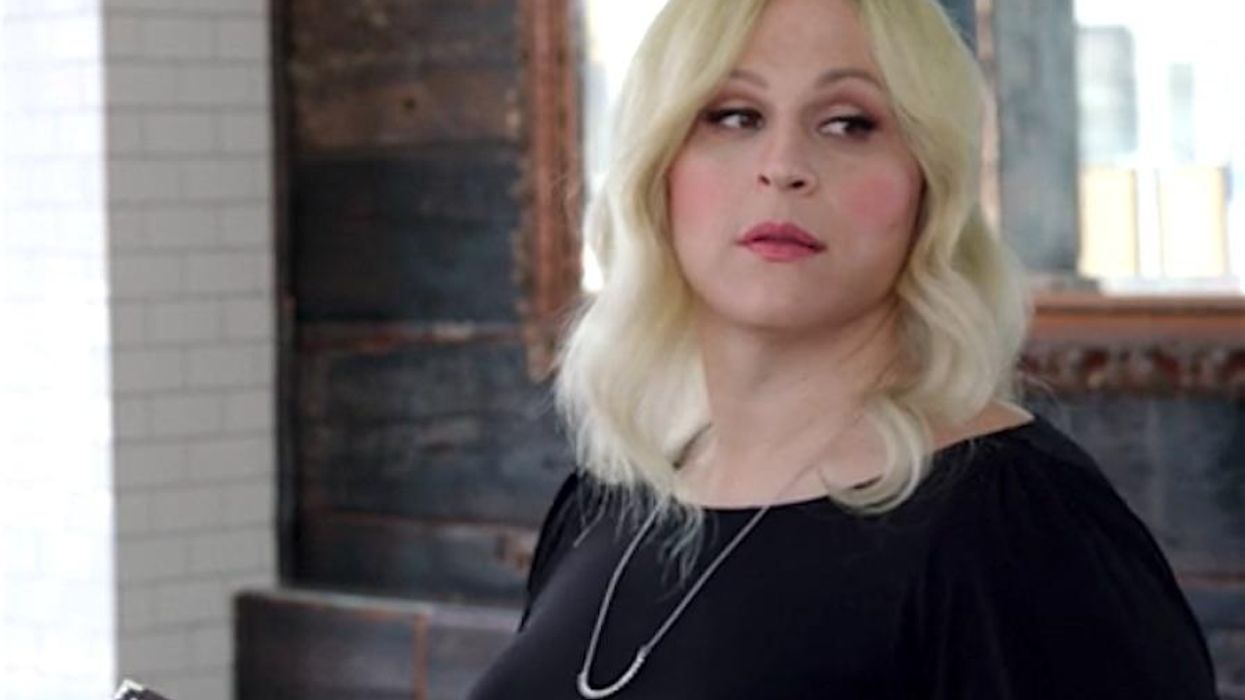

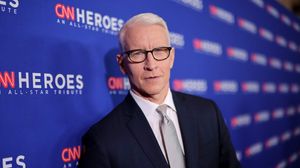

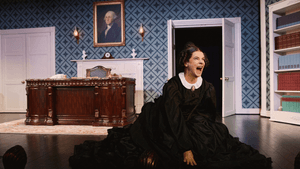






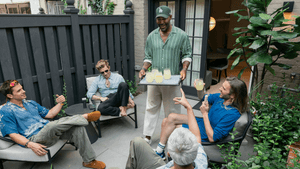

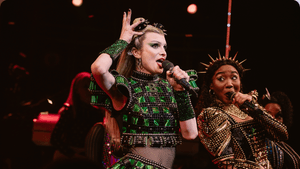
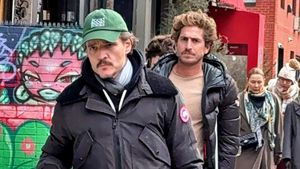

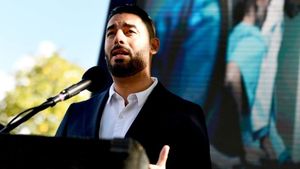

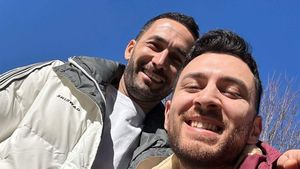
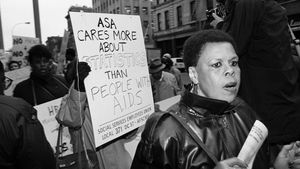





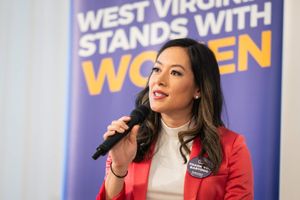




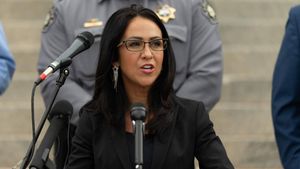


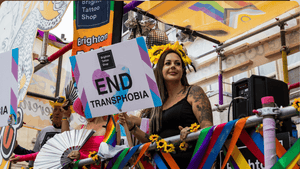
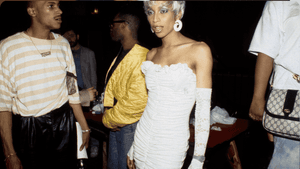
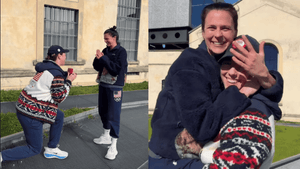



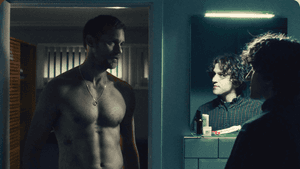
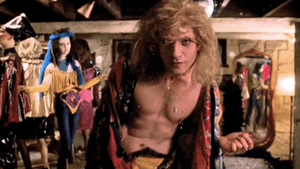



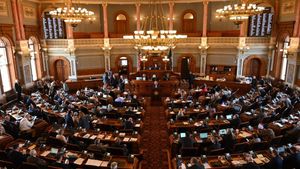

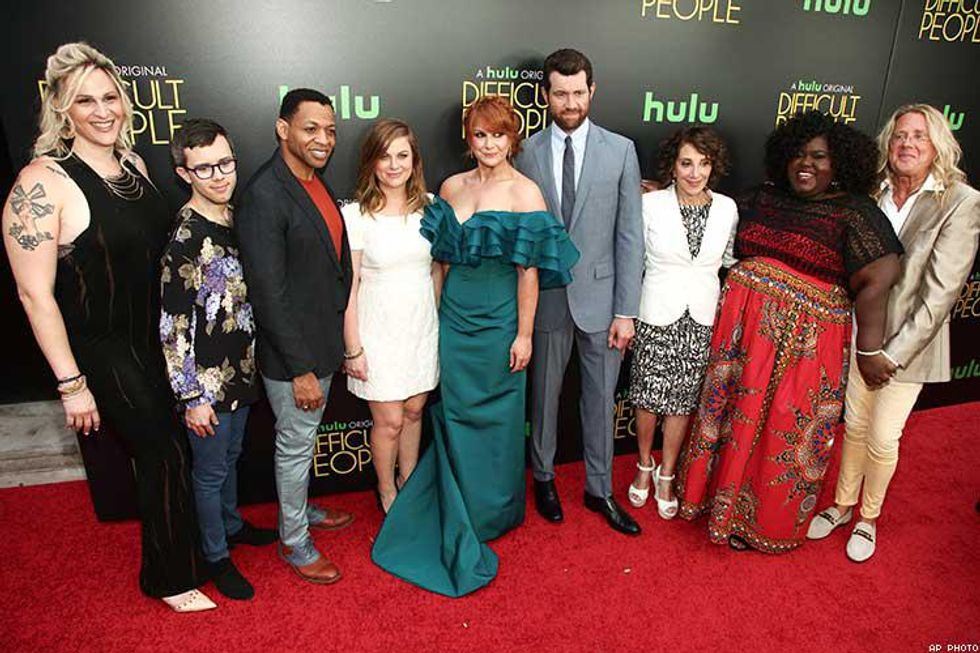
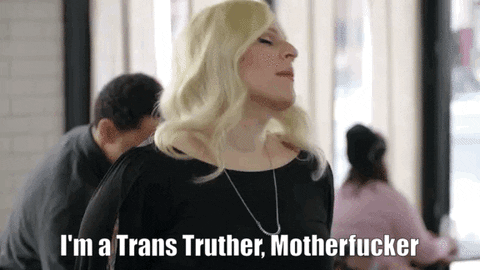
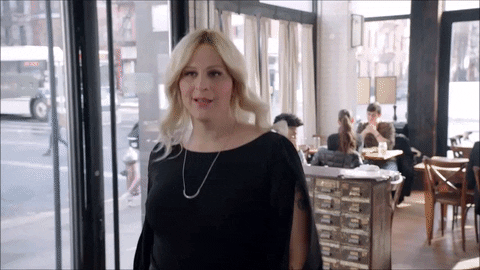
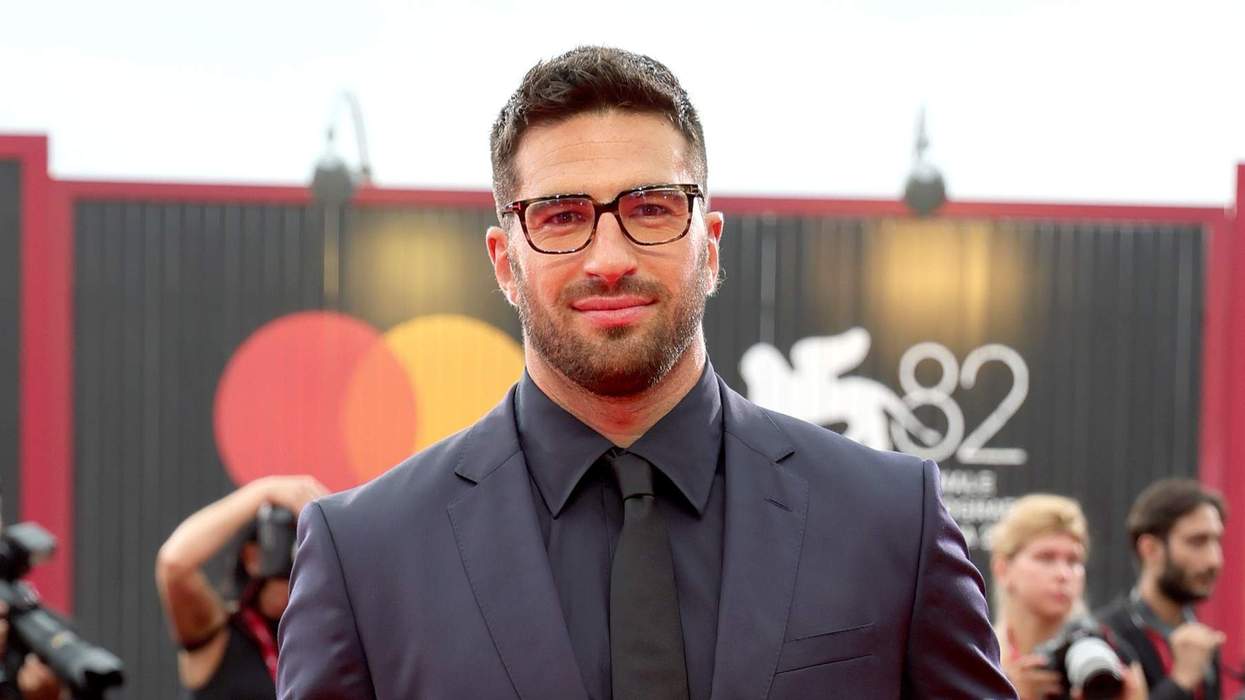
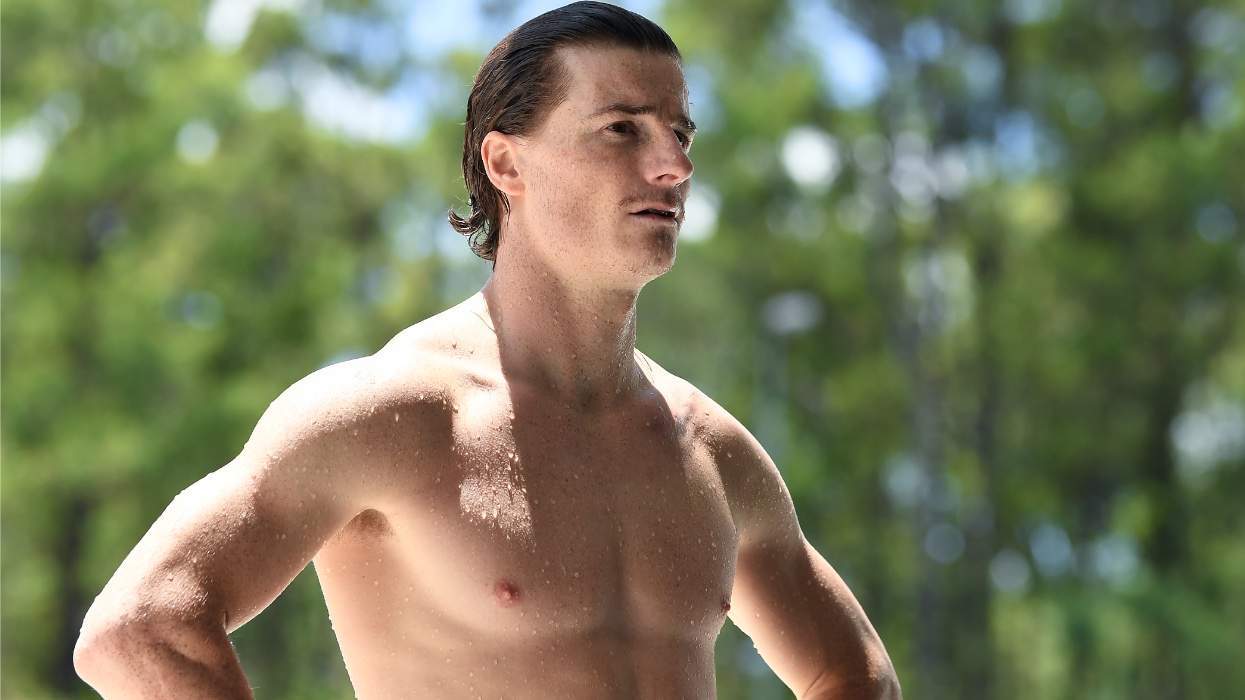
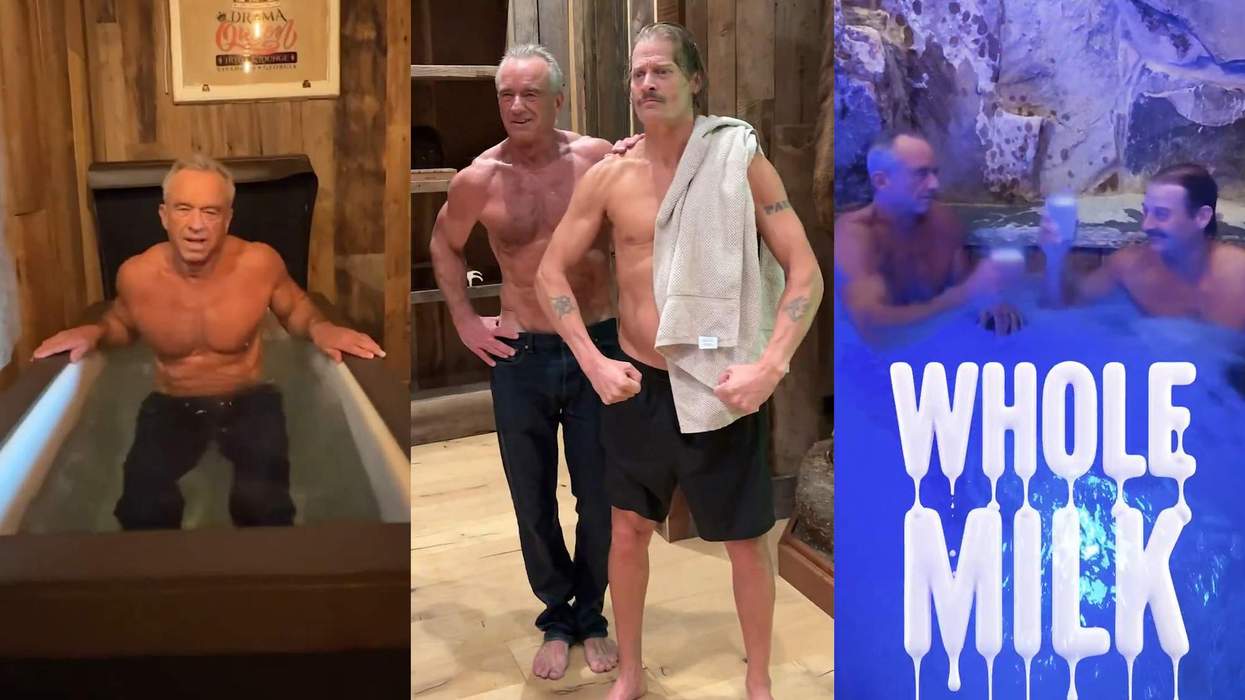
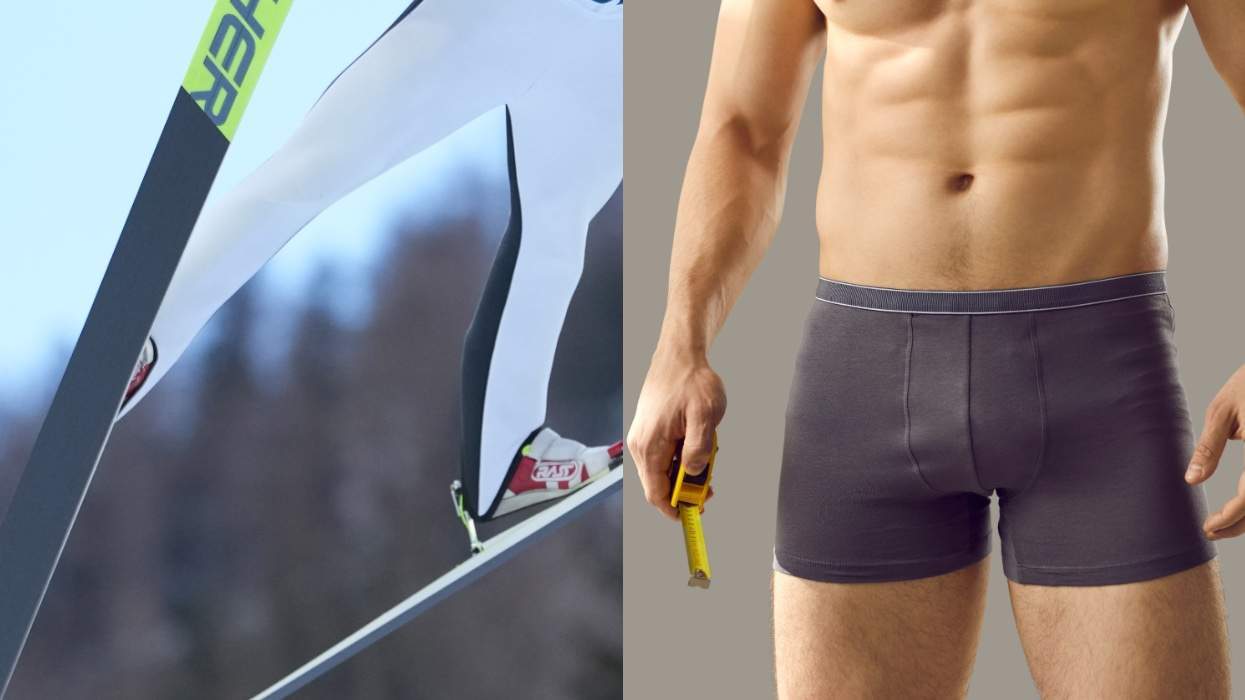


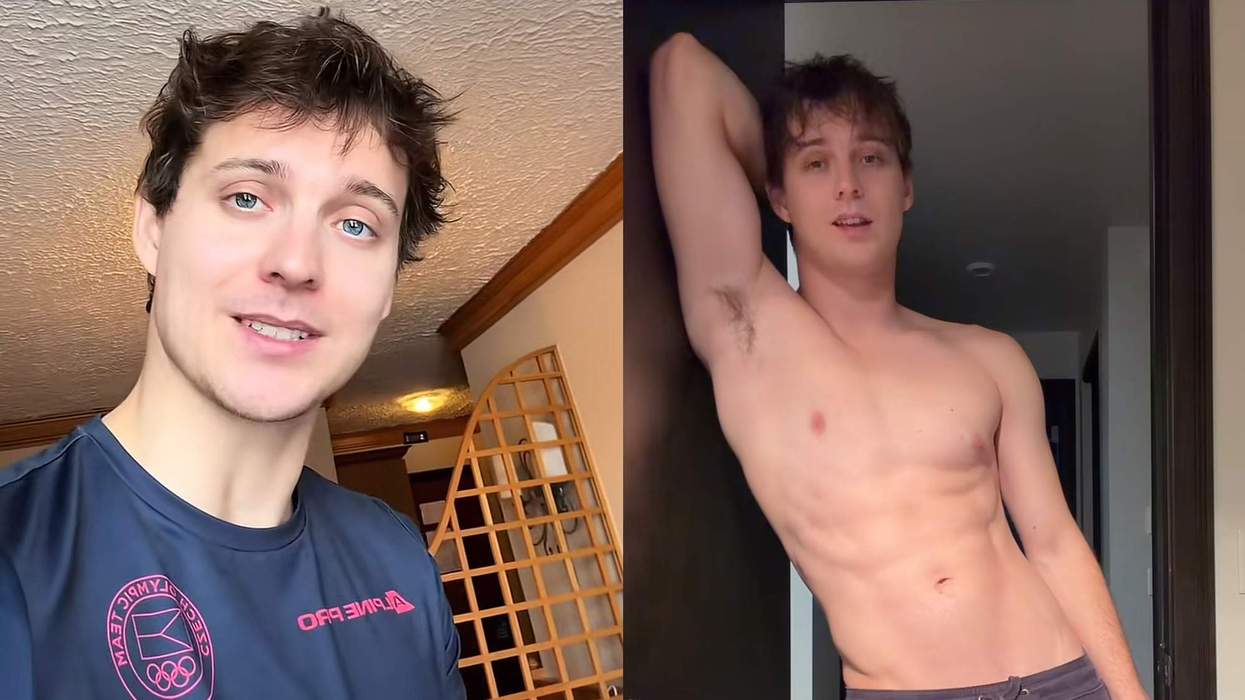
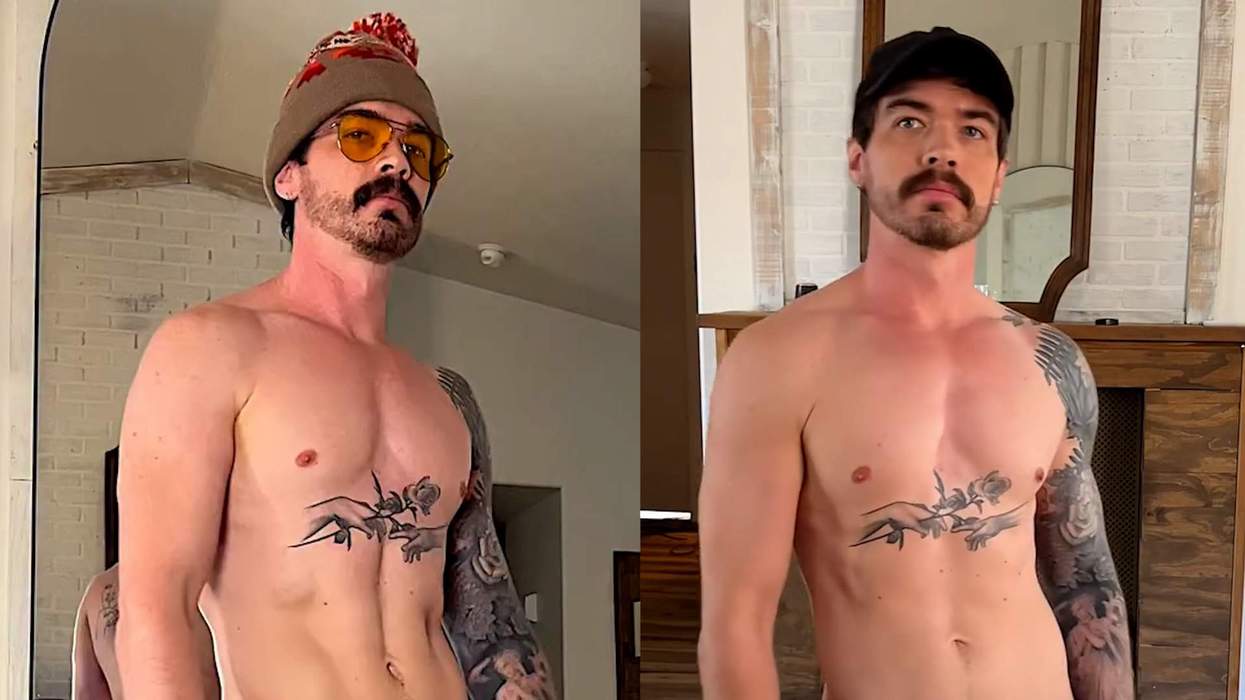
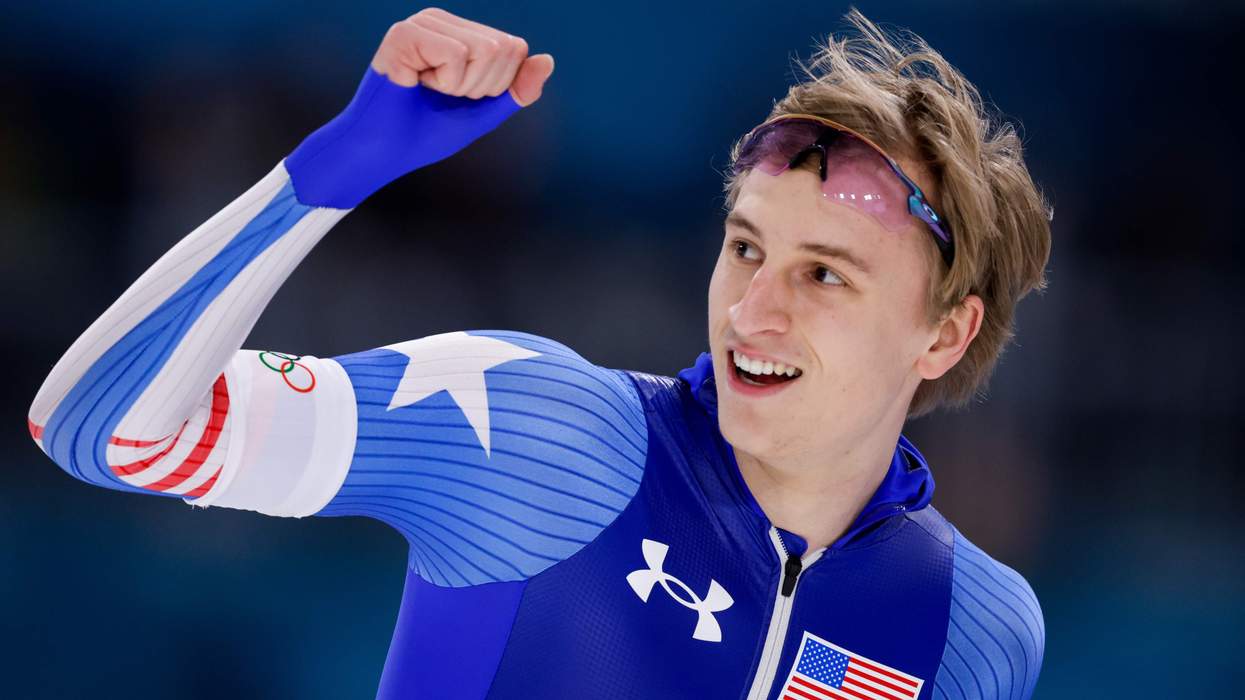

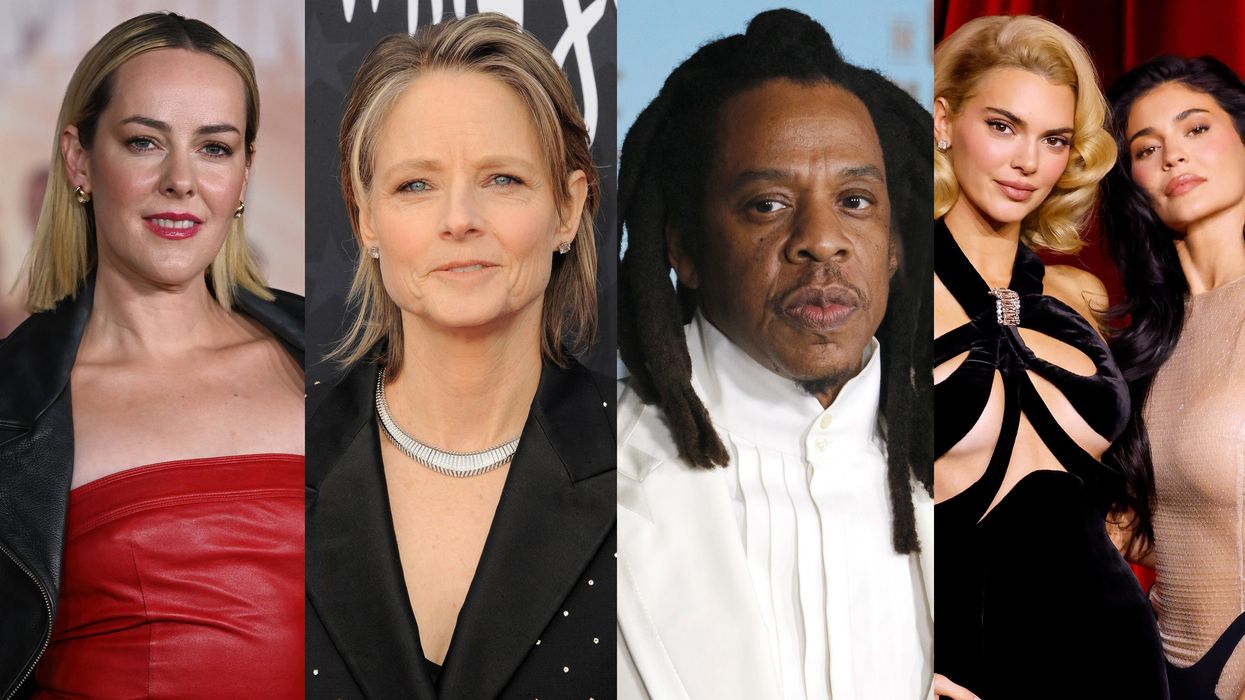
 From left: Jena Malone, Jodie Foster, Jay-Z, and Kendall and Kylie Jenner.Featureflash photo Agency/Shutterstock; Tinseltown/Shutterstock; Tinseltown/Shutterstock; Taylor Hill/FilmMagic
From left: Jena Malone, Jodie Foster, Jay-Z, and Kendall and Kylie Jenner.Featureflash photo Agency/Shutterstock; Tinseltown/Shutterstock; Tinseltown/Shutterstock; Taylor Hill/FilmMagic










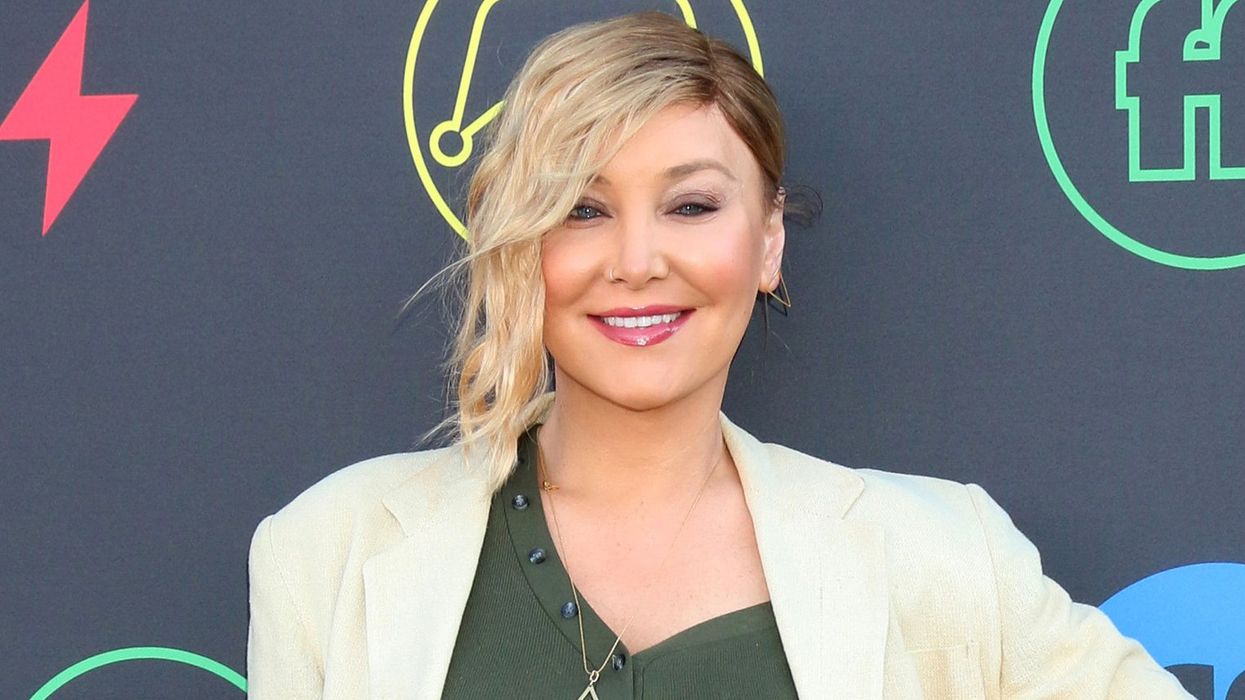
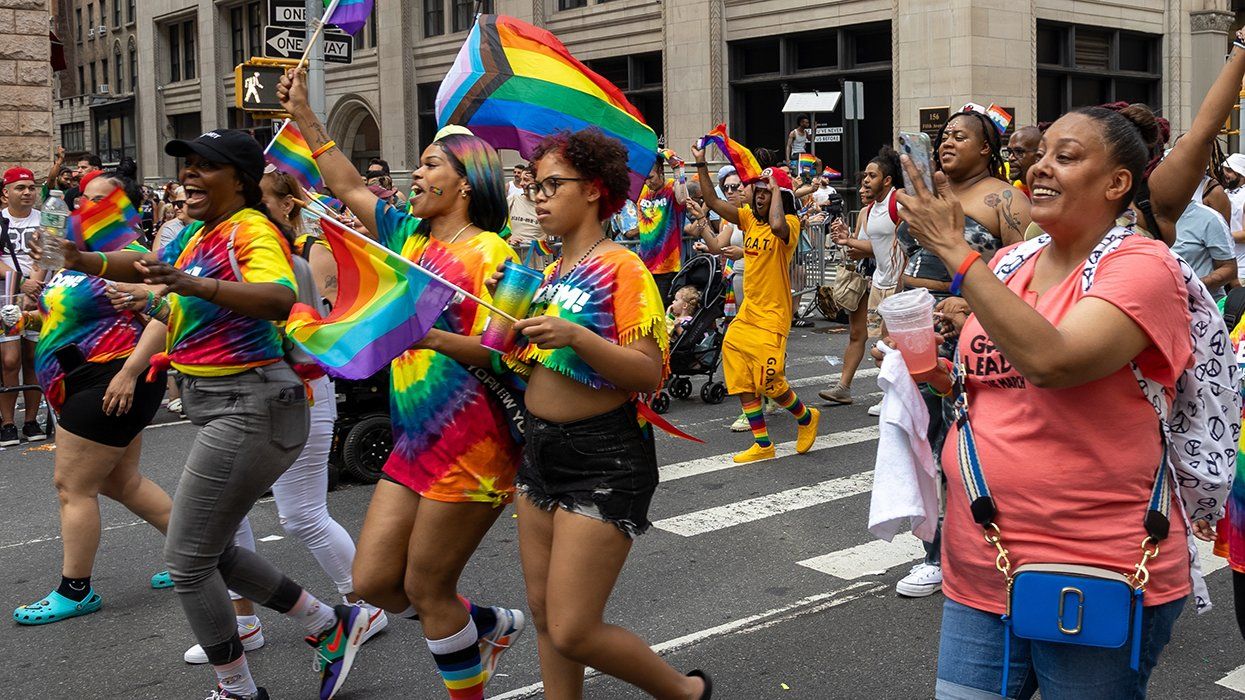
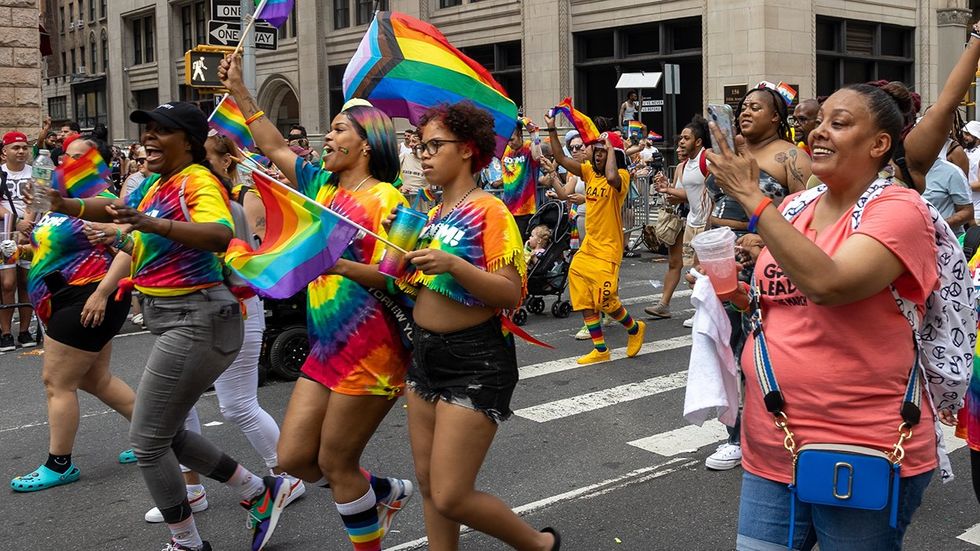 Kirkam/Shutterstock
Kirkam/Shutterstock